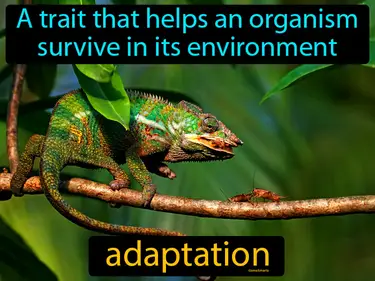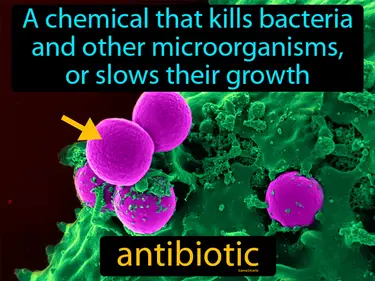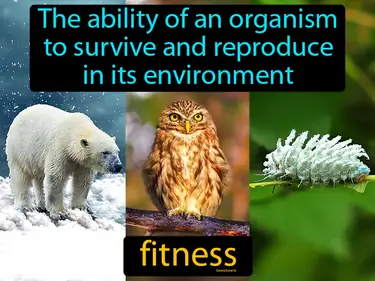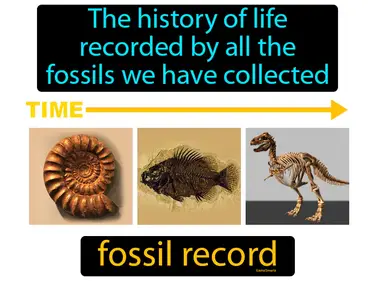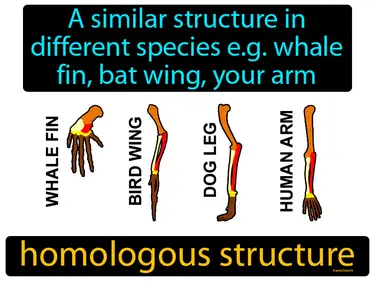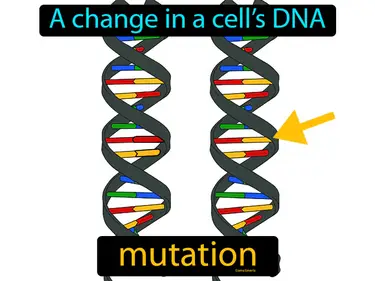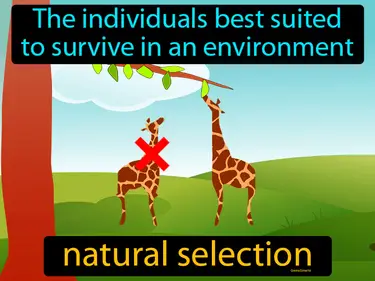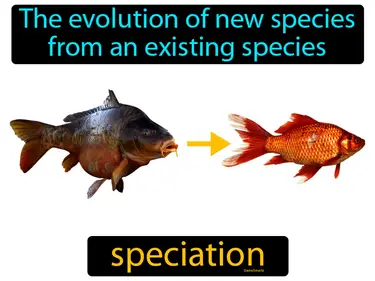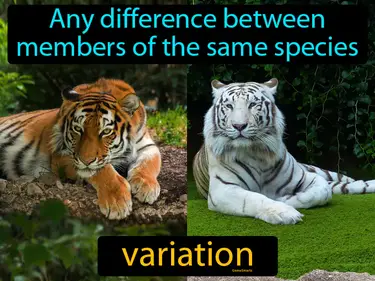Population Changes
Science
antibiotic resistance
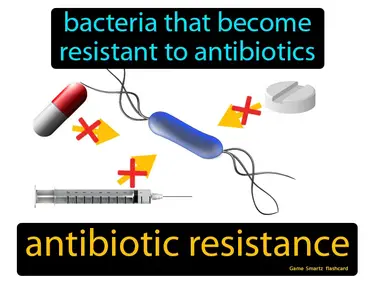
Bacteria that become resistant to antibiotics. Antibiotic resistance. Antibiotic resistance happens when bacteria change in a way that makes antibiotics unable to kill them or stop their growth.
ballast water

A compartment within a boat that holds water, which is used to provide stability for a vessel. Ballast water is water carried in special tanks on ships to help maintain balance and stability.
behavioral adaptation
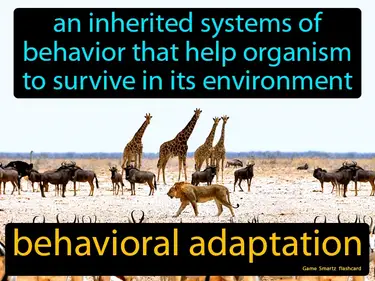
An inherited system of behavior that helps an organism to survive in its environment is called behavioral adaptation. Behavioral adaptation is when animals change their behavior to better survive in their surroundings.
evolve
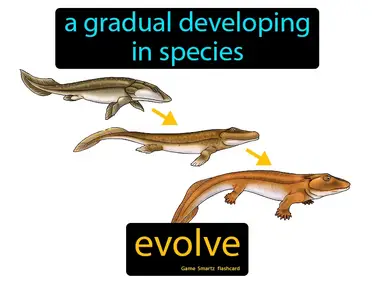
A gradual developing in species. Evolve. Evolve is the process by which living things change over generations to better adapt to their environment.
extinct
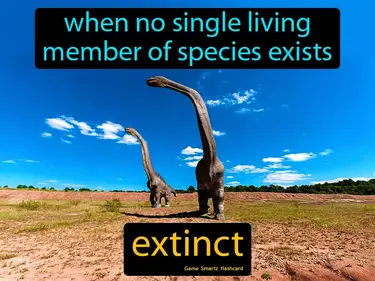
When no single living member of species exists. Extinct. Extinct means a species no longer has any living members.
introduced species
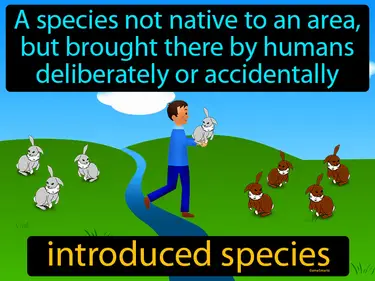
A species which arrived in ecosystem by human activity. Introduced species. An introduced species is a plant or animal that humans bring to a new area where it is not naturally found.
invasive species
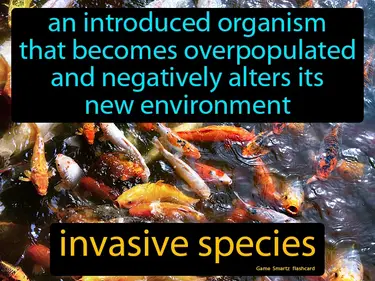
An introduced organism that becomes overpopulated and negatively alters its new environment. Invasive species. An invasive species is a plant or animal that enters a new environment and causes harm by outcompeting native organisms.
native species
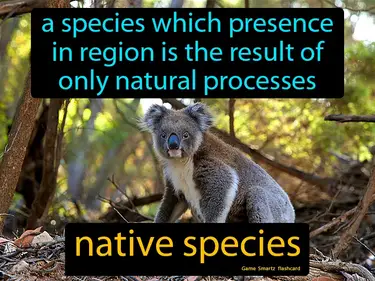
A species which presence in region is the result of only natural processes. Native species. Native species are plants or animals that naturally occur in a specific area or ecosystem without human intervention.
non-native species
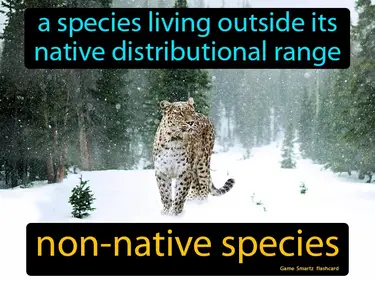
A species living outside its native distributional range. Non-native species. A non-native species is an organism introduced to a new environment where it doesn't naturally occur.
structural adaptation
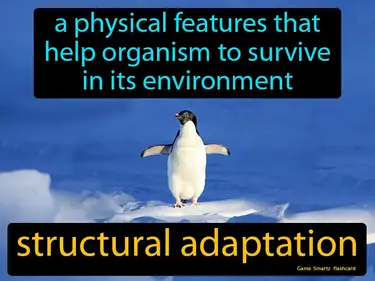
A physical feature that helps an organism to survive in its environment. Structural adaptation. It's a change in a plant or animal's body part that helps it live successfully in its habitat.
theory of evolution
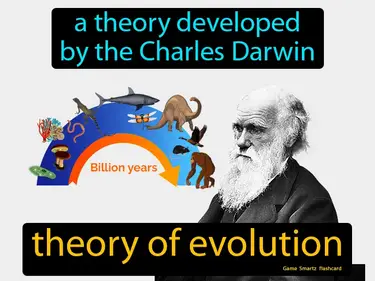
A theory developed by Charles Darwin theory of evolution. It explains how species change over time through natural selection.
transitional species
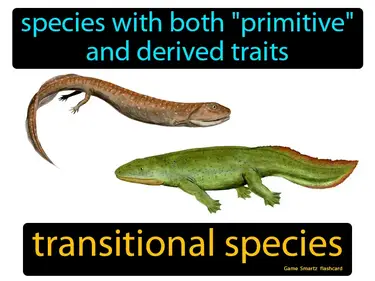
Species with both "primitive" and derived traits transitional species. Transitional species are organisms that exhibit traits typical of both ancestral and more modern forms, bridging evolutionary gaps.
